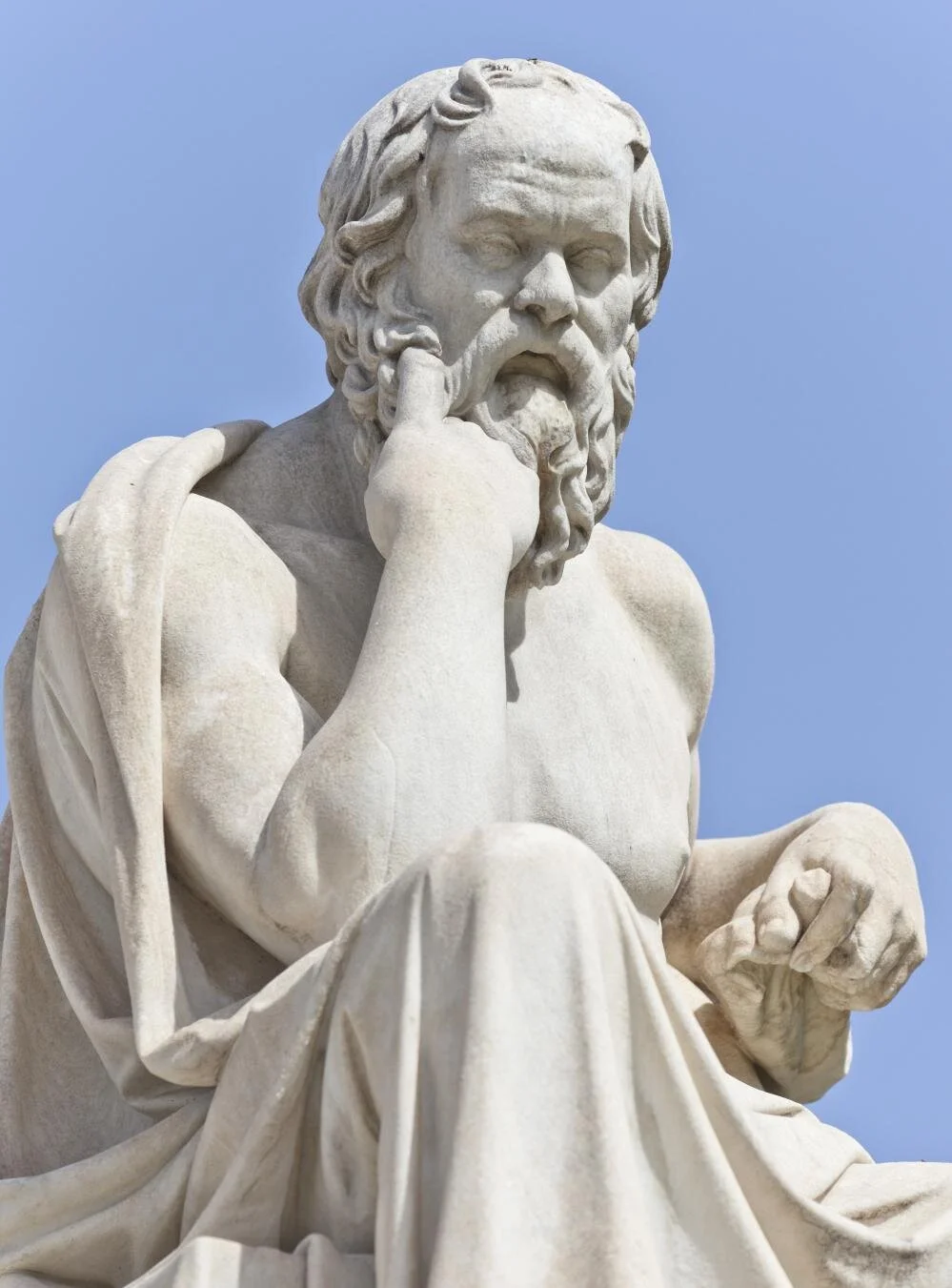Open Skepticism and Closed Skepticism
I am a believer. I am also a skeptic—an open skeptic. For almost 40 years, I believed Mormonism. Toward the end of that time I also believed critics of Mormonism and believed in evolution as something so important, it should play a more central role in my vision of life and the universe than it did in Mormonism. Now I have come to a good place as a nonsupernaturalist who appreciates the important truths that traditional religions—including Mormonism—have to offer.
My spiritual journey taught me something valuable for every domain of life, not just for religion: that there are two sides of skepticism as different as day and night.
Open skepticism listens to everyone it comes across, expecting to find at least 10% truth in what almost anyone says, as well as expecting at least 10% falsehood. That expectation of 10% falsehood in most everything it encounters makes it eager to hear what the next person will have to say.
Closed skepticism shuts out ideas that come from the wrong source, are expressed using the wrong terminology, contain an obvious error along with useful insights, or bear the trappings of an alien worldview.
Open skepticism feels like curiosity. Closed skepticism feels like an intellectual version of self-righteousness.
As I touch on in “The Unavoidability of Faith,” we are forced to live by faith simply because there is so much that is unknown, yet we must make decisions. It is much better to face the unknown with the reward for having been an open skeptic—a mind full of the ideas from many sources—than with the intellectual impoverishment that is the comeuppance of a closed skeptic.
Don’t miss my Unitarian-Universalist sermons on my blog
Sharing Epiphanies (including the video)
The Message of Mormonism for Atheists Who Want to Stay Atheists (video here)
Also, don’t miss Noah Smith’s religion posts:
Other Posts on Religion:
Posts on Positive Mental Health and Maintaining One’s Moral Compass:
Co-Active Coaching as a Tool for Maximizing Utility—Getting Where You Want in Life
How Economists Can Enhance Their Scientific Creativity, Engagement and Impact
Judson Brewer, Elizabeth Bernstein and Mitchell Kaplan on Finding Inner Calm
Recognizing Opportunity: The Case of the Golden Raspberries—Taryn Laakso
Taryn Laakso: Battery Charge Trending to 0% — Time to Recharge
Savannah Taylor: Lessons of the Labyrinth and Tapping Into Your Inner Wisdom
